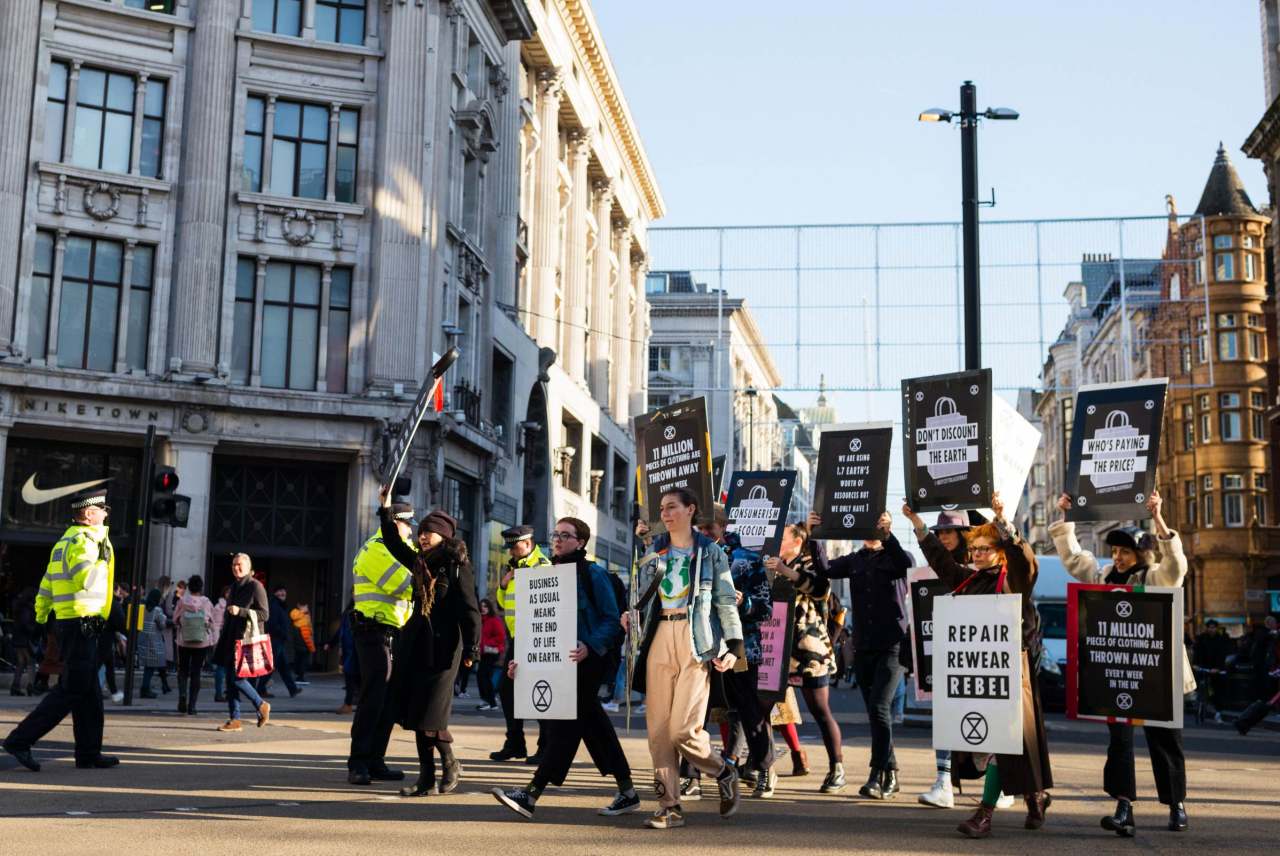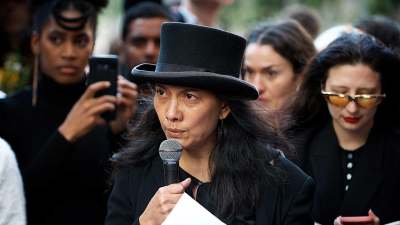Bel Jacobs is a journalist with an inspiring story. She is the founding editor of two platforms that publish articles with a sustainable angle, beljacobs.com and (the new ceased) How Now Magazine.
When did you decide to create beljacobs.com and why?
I’d been fashion editor for Metro newspaper since 1999 and had been battling a simmering unease about the scale and quality of new products coming through my desk and about an industry that seemed overly focused on superficial achievement.
One of the reasons I love fashion is craft and creativity and certainly in the early 2000s this was becoming increasingly rare; at the same time, there was a growing interest in sustainability, in Fairtrade and in organic cotton. Then Rana Plaza fell in 2013, and I remember very viscerally the images that came out of that, with some of the labels belonging to brands that I was having to write about on a daily basis.
Enough was enough. I left the job soon after and started beljacobs.com to focus on the sustainable alternatives to an industry I’d fallen in love with.
What do you enjoy about managing this platform?
I love the freedom of writing about people, brands and initiatives that I think really have something to contribute to the world.
And, as understanding of the climate crisis really hits home, there are more and more projects designing with resilience, care and the future in mind.
Did writing about fashion with an ethical eye inspire you as a fashion writer?
It gave a renewed energy and sense of joy to my work. By the time I left Metro, I was truly bored of the cyclical nature of seasons and of trends. Surf, safari, florals, black, tailored denim: the terminology just went round and round and became increasingly meaningless.
The arts and media section of beljacobs.com seems to be themed around strong women and revolution. How do you see the relationship between culture and politics – in your eyes is it perhaps a call to action?
I’m one of the co-ordinators of the Extinction Rebellion Fashion Action team and we talk a lot about how culture - in our case, fashion - should be a reflection and an expression of our times. But the fashion industry has been hijacked by big business and once profit enters the equation, all deeper qualities including moral judgement, can become skewed.
So at the moment the fashion industry is NOT a reflection of the climate and ecological crisis or an expression of our fears and hopes - which means, in my view, that it is no longer really culture. It’s just business.
Over the past two decades, I’ve now watched the sustainability movement grow, with an ever-increasing sense of urgency, and really at the beginning, that movement was led by women, both in the West and in the Global South.
I would give talks about sustainability in fashion and inevitably the audience was mainly female; if there was a male in the room, we’d thank him. We all have theories about this: that women are more empathetic to other peoples and other species; they’re better able to see the bigger picture; that constructed masculine identity made it difficult for men to show pity or compassion. I’d really love to know. Thankfully, I’d say XR is really about 50/50.
We need to talk more about this; because, in emergency scenarios, women are disproportionately affected - ie they are raped, killed or abandoned - by extreme events such as war or climate. The stats are shocking: 80 per cent of all climate refugees are women; women grow 70 per cent of Africa’s food; 80 per cent of garment workers are women.
There is also evidence that women, given the power, actually improve conditions:
“When women own the land they till, families tend to be better fed, better educated and healthier, research suggests. Daughters tend to marry at an older age and wives tend to suffer less incidents of domestic violence. Babies are born with higher birth weights. Food security and economic development increase.”
Women need far more attention.
You’ve also started How Now Magazine. When/how did this come about and how has the platform been received?
The thing is, if you hear out about issues of waste or animal exploitation or pollution or carbon emissions in fashion, you hear about the same issues in other areas. And I wanted to write about the pioneering efforts in those areas too. I’d say, when I manage to work on the site, that it gives me even greater joy than beljacobs.com. [Edit: May 2022 the magazine has since ceased]

